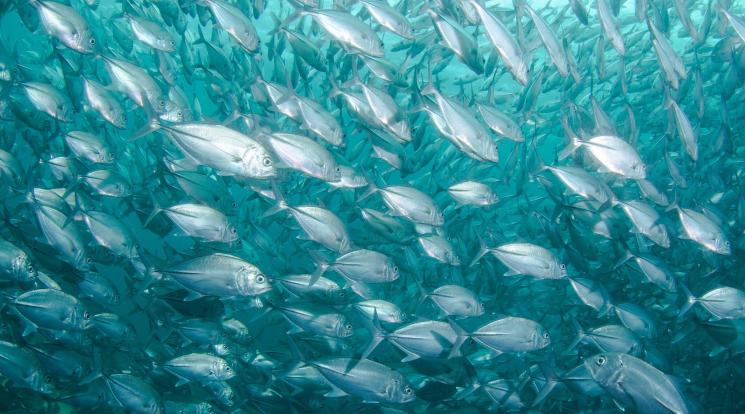
Cap and Trade Policies (Catch Shares) in Ocean and Marine Resources
Focus area(s)
Archived Projects
Archived ProjectsWhile the problem of the commons is more important to our lives and
thus more central to public policy and management, it remains
unsettled. Challenges continue in the management of ocean fisheries,
whereby regulated fisheries without individually secured harvesting
privileges have long been associated with the excessive competition or
the “race to fish” among fishermen. The “race to fish” has resulted in
economic loss for the harvesting sector and overcapitalization by
fishermen, and in certain fisheries, overfishing and habitat
destruction, among other damage to the ecosystem. Hence, a question
that has implications for averting the “tragedy of the commons,” as
first described by Hardin (1968) is, have fishermen “slowed down”
their fishing effort in response to secured fishing rights? Moreover,
what are the potential for spillover effects in non-catch share
fisheries as fishermen are better able to allocate their effort across
multiple fisheries? These and other related questions are the basis
for inquiry in a set of projects funded by the National Oceanic
Atmospheric Administration (NOAA) - Economics & Human Dimensions. This
line of research investigates the economic and institutional efficacy
of catch shares and demonstrates the link between regional fisheries
and how rights-based management in one region can impact private
sector and regulator decisions in another region.